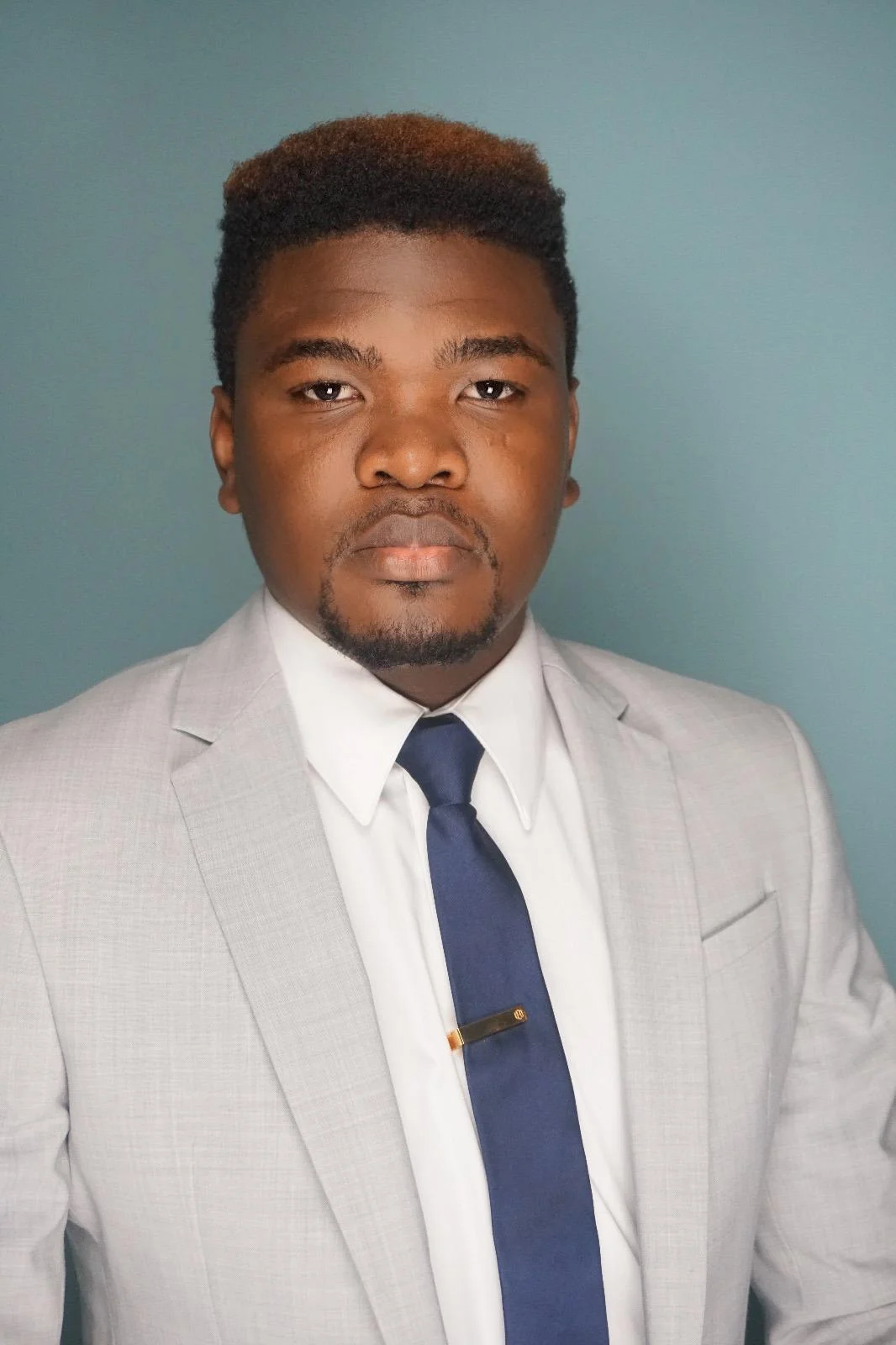I always believed that growing up in Africa presented unique challenges. Many Africans, particularly West Africans, believe this to be true. Terms such as ‘poverty’, ‘corruption’, ‘hunger’, ‘disease’, and ‘death’ often infiltrate conversations regarding my home. Oddly enough however, I felt that I lived a rich life in Benin. I grew up surrounded by love, wealth, integrity, happiness, and vivacity. My parents always ensured that my four siblings and I never lacked anything. They pushed us to further our education and to be contributing members of society.
Upon moving to the US, however, I realized that we did not have it all.
Coming to the US was an entirely humbling experience. Though I knew that great opportunities lay ahead of me, having to learn English, integrate into American culture, live in different conditions than I was accustomed to, and face the backlash of being a black, Muslim, immigrant man was quite difficult. My confidence plummeted as I navigated life in my newfound home. Of these experiences, however, learning English was the most humbling.
As my thick Beninese accent infiltrated every English word I spoke, I was constantly reminded of the fact that I was an outsider and needed to work even harder to prove myself in the US. The ease at which I made friends in my West African community was not translated to the US. I had to learn to define myself in ways that made sense in an American context. I was no longer comfortable communicating with strangers. The French and Yoruba twang of my speech gave me away. As I progressed in my English as a Second Language Class at the International Center in New York, I learned to listen. I learned to take the knowledge where I could find it and use it to better myself. With my father’s continuous disapproval of my education in the US and my mother’s death, I had to learn about resilience and humility on my own.
Being an outsider in the US truly prepared me for a career in medicine. I find that communication is incredibly important while working in the medical field. Upon arriving in the US, I relied on the patience and kindness of strangers while I tried to explain myself in a language I did not fully understand. I can be that person for others. Whether that language is one not often spoken in the US or quite simply the scientific jargon that the average person may not understand, I hope to provide every patient with the respect that was often given to me. Through this experience, I am able to truly empathize with people who are feeling vulnerable and out of place. I also find that I can better serve individuals who identify as immigrants and as people of color.
To most Africans, moving to a first world country is a synonym for happiness. My experience living in the US proved this wrong. I have found that because of my personal experience, I will be able to engage in patient interaction and care in ways that many others cannot. Being humbled by my migration to the US was truly a blessing.

